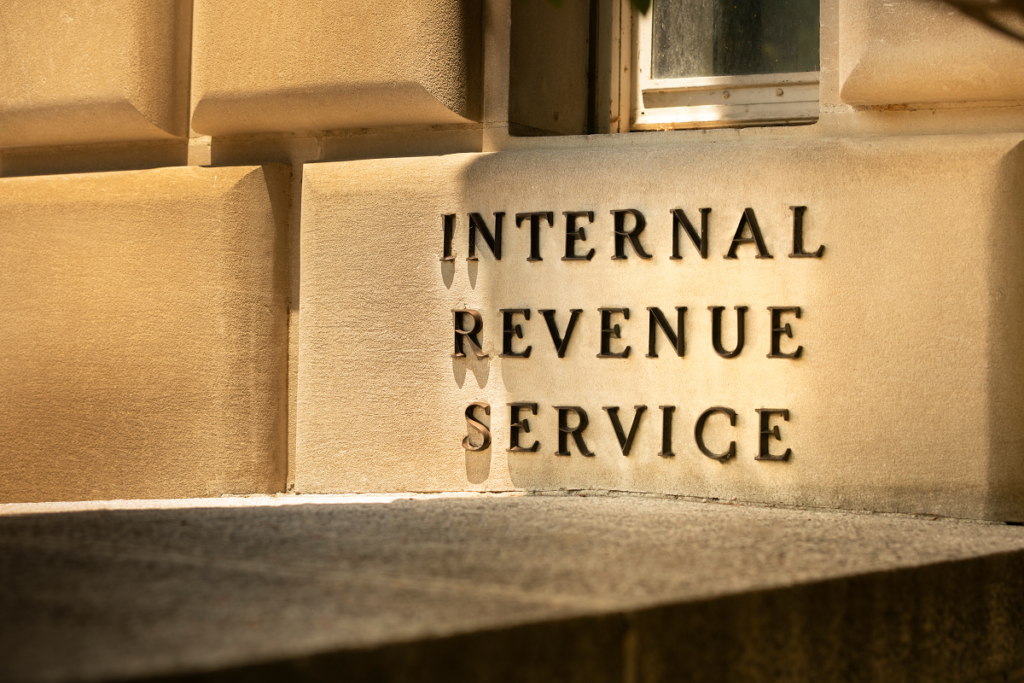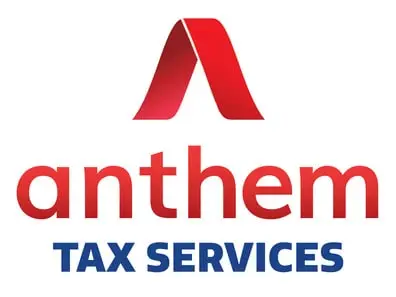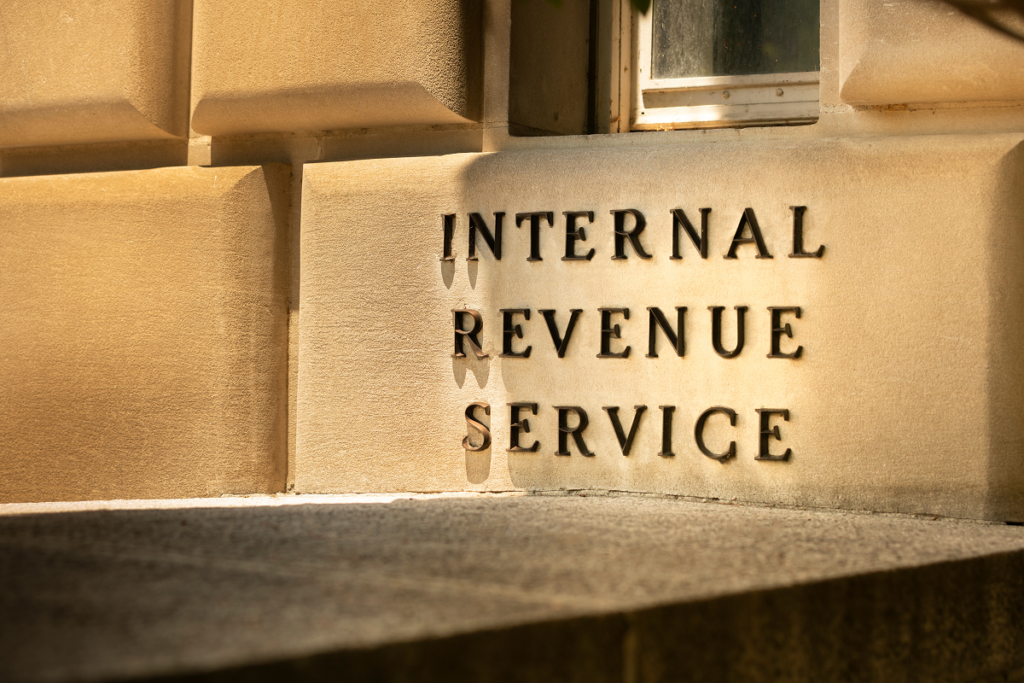
If you receive an IRS tax letter in the mail, don’t panic! While an IRS letter is not something you want to ignore, receiving one doesn’t mean you have to close your doors and start an IRS payment plan. An IRS soft letter is often designed to inform you of your responsibilities.
Why Did I Receive a Soft Letter?
If you received a soft letter from the IRS, they are taking a closer look at your account, and you might be in line for an audit. An audit is a thorough examination of your company or individual accounts, but before that, you have a chance to comply with tax codes by yourself.
The purpose of an IRS soft letter is two-fold, it is designed as an informal warning about a pending audit, but it’s also sent to educate you about your tax responsibilities. Sometimes companies and individuals are not fully aware of their tax responsibilities and need information.
Don’t ignore an IRS soft letter; instead, take action on your accounts to avoid an audit that could be damaging o your business reputation and time-consuming. Receiving a soft letter is a chance to examine the tax accounts yourself and prevent any further action from tax authorities.
Type of IRS Soft Letter
IRS soft letters can be used for any business or industry, but increasingly, companies and individuals involved in cryptocurrency and foreign income have received these letters. If you have underreported incomes for these sources, there’s a strong chance you will receive an IRS soft letter as a prompt to make changes to your compliance responsibilities.
Soft Letters for Cryptocurrency
More than 10,000 cryptocurrency users received a soft letter in 2019; these letters came in three types: the initial letter that flagged the issues and offered some advice, a similar letter that warned about enforcement, and a final warning letter with a deadline date to comply.
Letter One
The first IRS soft letter for cryptocurrency is called IRS letter 6174; this letter is an initial alert aimed at individuals and companies that use virtual currency. The letter explains the reporting requirements, but it also contains information on how to report transactions correctly on forms.
Letter Two
The second type of cryptocurrency letter for cryptocurrency is IRS letter 6174-A, which is similar to the first letter, including an enforcement warning. This letter explains cryptocurrency users’ tax responsibilities and suggests that changes might take future action if changes aren’t made.
Letter Three
The third type for cryptocurrency is IRS letter 6173, which is more pointed and contains a warning and deadline date. This letter might suggest that you respond to the warning by the stated dates or that you take action to avoid an audit or examination from the tax authority.
Soft Letters for Foreign Income
The IRS also issues soft letters for individuals and companies with foreign accounts, investments and/or assets. The type of soft letter issued to entities is a 6291 letter that flags the account as needing attention; it could lead to a future audit if it is ignored or forgotten about.
Reasons you might receive an IRS soft letter for foreign income include your foreign accounts not being registered on the FBAR, you are on one of your relative’s foreign accounts without your knowledge, or you have inactive or old accounts that are still regarded as open by the IRS.
Again, these letters should not be ignored. Depending on the type of letter you receive, you will have to take immediate action or some action when submitting your next tax return. If you have a deadline date on the letter, don’t ignore it; failure to comply with soft letters leads to an audit.
Responding to IRS Soft Letters
IRS soft letters might appear to be cursory, but don’t be fooled; an IRS soft letter is issued to entities instead of an audit or examination. If you receive an IRS soft letter such as an IRS letter 6173, it’s essential that you take it seriously and follow the instructions carefully.
While you might be tempted to handle the IRS soft letter by yourself, contacting Anthem Tax Services is also a sensible idea. Our experienced tax debt relief experts will be able to interpret the situation for you and propose the best course of action, including amended returns.
Contact us today by phone or email. If the situation leads to an examination or an audit, we can provide further guidance in the process.
If you receive an IRS tax letter in the mail, don’t panic! While an IRS letter is not something you want to ignore, receiving one doesn’t mean you have to close your doors and start an IRS payment plan. An IRS soft letter is often designed to inform you of your responsibilities.
Why Did I Receive a Soft Letter?
If you received a soft letter from the IRS, they are taking a closer look at your account, and you might be in line for an audit. An audit is a thorough examination of your company or individual accounts, but before that, you have a chance to comply with tax codes by yourself.
The purpose of an IRS soft letter is two-fold, it is designed as an informal warning about a pending audit, but it’s also sent to educate you about your tax responsibilities. Sometimes companies and individuals are not fully aware of their tax responsibilities and need information.
Don’t ignore an IRS soft letter; instead, take action on your accounts to avoid an audit that could be damaging o your business reputation and time-consuming. Receiving a soft letter is a chance to examine the tax accounts yourself and prevent any further action from tax authorities.
Type of IRS Soft Letter
IRS soft letters can be used for any business or industry, but increasingly, companies and individuals involved in cryptocurrency and foreign income have received these letters. If you have underreported incomes for these sources, there’s a strong chance you will receive an IRS soft letter as a prompt to make changes to your compliance responsibilities.
Soft Letters for Cryptocurrency
More than 10,000 cryptocurrency users received a soft letter in 2019; these letters came in three types: the initial letter that flagged the issues and offered some advice, a similar letter that warned about enforcement, and a final warning letter with a deadline date to comply.
Letter One
The first IRS soft letter for cryptocurrency is called IRS letter 6174; this letter is an initial alert aimed at individuals and companies that use virtual currency. The letter explains the reporting requirements, but it also contains information on how to report transactions correctly on forms.
Letter Two
The second type of cryptocurrency letter for cryptocurrency is IRS letter 6174-A, which is similar to the first letter, including an enforcement warning. This letter explains cryptocurrency users’ tax responsibilities and suggests that changes might take future action if changes aren’t made.
Letter Three
The third type for cryptocurrency is IRS letter 6173, which is more pointed and contains a warning and deadline date. This letter might suggest that you respond to the warning by the stated dates or that you take action to avoid an audit or examination from the tax authority.
Soft Letters for Foreign Income
The IRS also issues soft letters for individuals and companies with foreign accounts, investments and/or assets. The type of soft letter issued to entities is a 6291 letter that flags the account as needing attention; it could lead to a future audit if it is ignored or forgotten about.
Reasons you might receive an IRS soft letter for foreign income include your foreign accounts not being registered on the FBAR, you are on one of your relative’s foreign accounts without your knowledge, or you have inactive or old accounts that are still regarded as open by the IRS.
Again, these letters should not be ignored. Depending on the type of letter you receive, you will have to take immediate action or some action when submitting your next tax return. If you have a deadline date on the letter, don’t ignore it; failure to comply with soft letters leads to an audit.
Responding to IRS Soft Letters
IRS soft letters might appear to be cursory, but don’t be fooled; an IRS soft letter is issued to entities instead of an audit or examination. If you receive an IRS soft letter such as an IRS letter 6173, it’s essential that you take it seriously and follow the instructions carefully.
While you might be tempted to handle the IRS soft letter by yourself, contacting Anthem Tax Services is also a sensible idea. Our experienced tax debt relief experts will be able to interpret the situation for you and propose the best course of action, including amended returns.
Contact us today by phone or email. If the situation leads to an examination or an audit, we can provide further guidance in the process.


